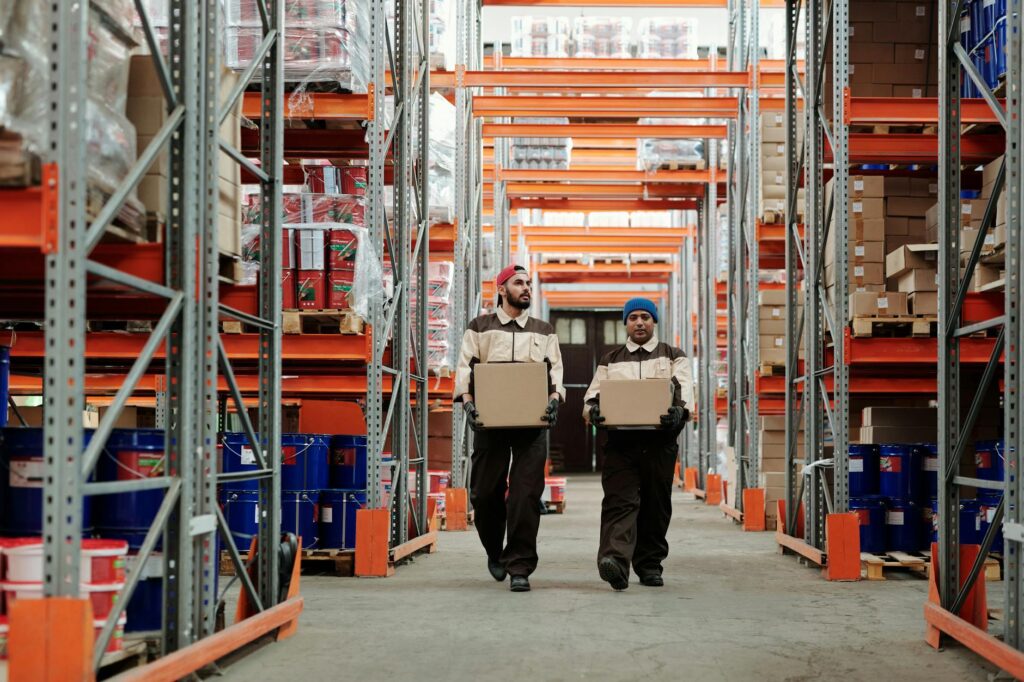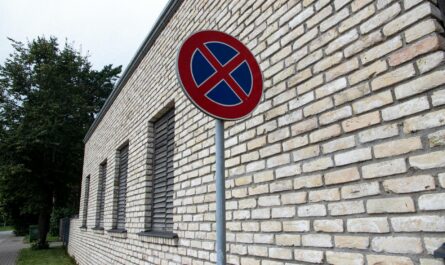Navigating the world of insurance can be complex, especially when considering the specific requirements of different industries. Understanding these requirements is crucial for businesses to protect their assets, employees, and reputation. This post will delve into the diverse insurance needs across various sectors, offering insights into common policies and best practices.
Construction Industry Insurance
The construction industry is inherently risky, involving heavy machinery, hazardous materials, and significant potential for accidents. Comprehensive insurance coverage is paramount. General liability insurance is essential to protect against claims of bodily injury or property damage. Workers’ compensation insurance is legally mandated in most jurisdictions to cover medical expenses and lost wages for injured employees. Builders risk insurance protects projects under construction from damage caused by perils such as fire, wind, and vandalism. Learn more about builders risk insurance here. 
Retail Industry Insurance
Retail businesses face a unique set of risks, including theft, shoplifting, product liability, and property damage. Retailers typically need general liability insurance to protect against customer injuries or property damage on their premises. Product liability insurance covers claims arising from defects in the products sold. Commercial property insurance protects the physical building and its contents from various perils. Consider also crime insurance to cover losses due to employee theft or burglary. Read more about common retail risks. 
Manufacturing Insurance
Manufacturers require specialized insurance to manage the risks associated with their operations. Product liability is a major concern, necessitating robust coverage to protect against claims arising from product defects. Equipment breakdown insurance protects against the financial losses associated with machinery failure. Employers liability insurance covers claims from employees injured on the job, while general liability covers third-party injuries or property damage. Explore various manufacturing insurance options.
Technology Industry Insurance
The technology industry faces unique challenges, including cybersecurity threats, data breaches, and intellectual property infringement. Cyber liability insurance is crucial for mitigating the financial and reputational damage resulting from data breaches or cyberattacks. Professional liability insurance, also known as errors and omissions insurance, protects against claims of negligence or professional misconduct. General liability insurance remains vital for protecting against non-cyber related incidents. [IMAGE_3_HERE]
Healthcare Industry Insurance
Healthcare providers face significant liability risks. Medical malpractice insurance is essential to protect against claims of negligence or medical errors. General liability insurance protects against non-medical related incidents. Cybersecurity insurance is also increasingly important, given the sensitive nature of patient data. Learn about HIPAA compliance and insurance. Find a healthcare insurance specialist.
Choosing the Right Insurance
Selecting the appropriate insurance coverage depends heavily on the specific nature of your business and the associated risks. Consult with an insurance broker to assess your needs and determine the most suitable policies. Regularly review your insurance coverage to ensure it remains adequate to protect your business from evolving risks. Proactive risk management is key to minimizing insurance costs and maximizing protection. [IMAGE_4_HERE] Contact us for a free consultation.
Frequently Asked Questions
What is general liability insurance? General liability insurance protects your business from financial losses due to third-party bodily injury or property damage claims.
How much insurance do I need? The amount of insurance you need depends on the size and risk profile of your business. A qualified broker can assist in determining your specific requirements.
What is the difference between commercial and personal insurance? Commercial insurance covers business-related risks, while personal insurance protects your personal assets and liabilities.
Can I bundle different types of insurance? Yes, many insurers offer bundled packages that combine various types of insurance for a potentially lower overall cost.
What happens if I don’t have adequate insurance? Inadequate insurance coverage could leave your business vulnerable to significant financial losses in the event of a claim. It could also result in legal repercussions.



